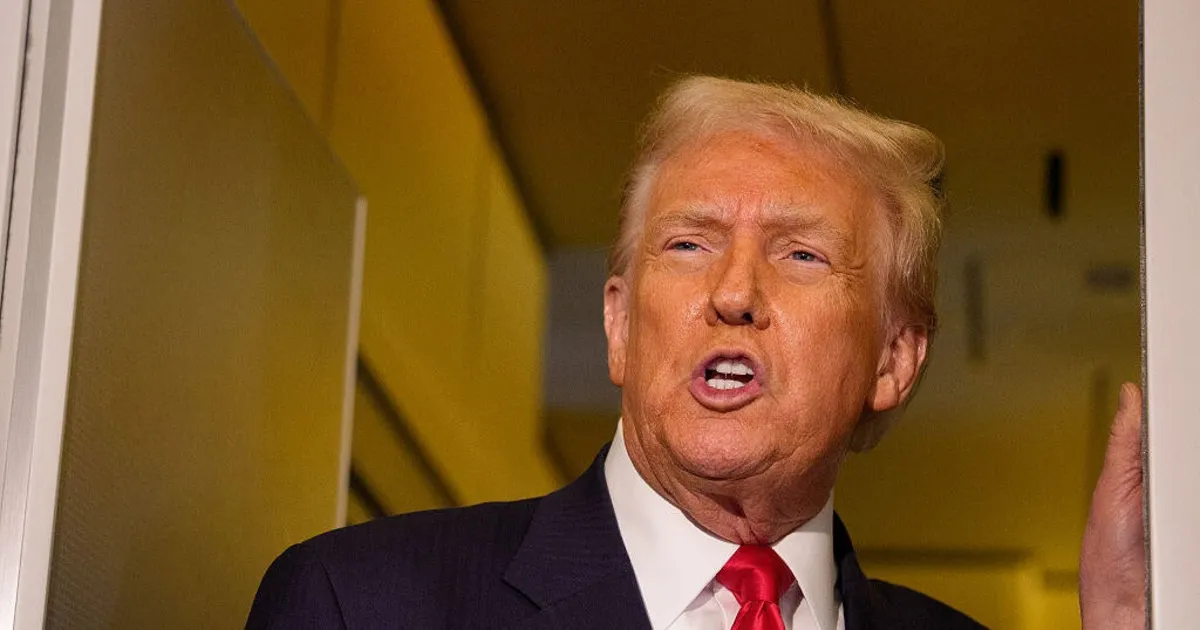
The ongoing government shutdown has prompted former President Donald Trump to call for a significant change in Senate procedures. In recent statements, Trump urged Senate Republicans to eliminate the filibuster in order to break the current funding stalemate that has left many federal services in limbo.
During a series of interviews, Trump emphasized the need for swift action from Senate Republicans, arguing that the filibuster is obstructing necessary funding measures. His appeal reflects a growing frustration within the party as the shutdown extends, affecting numerous government operations and employees. By urging the elimination of the filibuster, Trump believes that Republicans could more easily pass essential legislation to reopen the government.
While Trump's suggestion may seem like a straightforward solution to the shutdown, the consequences of nuking the filibuster could be profound. Critics, including Speaker Johnson, have warned that removing this legislative tool could lead to significant repercussions for future governance. The filibuster currently requires a supermajority of 60 votes to pass most legislation in the Senate, serving as a check on potential partisan overreach.
The government shutdown has led to the suspension of various federal services, impacting thousands of workers who are either furloughed or working without pay. As the impasse continues, public pressure is mounting on lawmakers to come to an agreement that would end the shutdown and restore normal operations. With Trump’s vocal support for ending the filibuster, the dynamics within the Republican Party may shift as they respond to the ongoing crisis.
As the situation evolves, it remains to be seen whether Trump's call will resonate with Senate Republicans and lead to any changes in the legislative process. The debate over the filibuster is likely to intensify as the government shutdown continues, highlighting the complexities and challenges of governance in a divided Congress. Stay tuned for more updates on this developing story as we monitor the latest news surrounding the government shutdown and potential legislative actions.